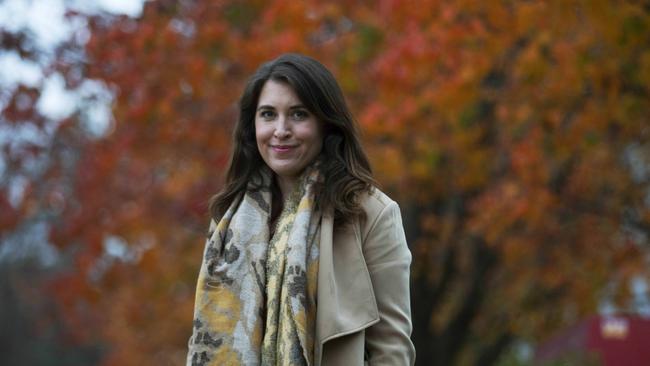Press freedom: media companies reject AFP, Home Affairs proposal for a notice to produce scheme
Australia’s biggest media companies reject a proposal that would allow police to ask journalists to hand over sensitive documents.

Australia’s biggest media companies have rejected an Australian Federal Police and Home Affairs proposal to introduce a new scheme requesting journalists voluntarily produce sensitive documents, warning police will continue conducting raids that impact press freedom.
Appearing before a Senate committee, News Corp labelled the notice to produce scheme “a little farcical” and the ABC said it offered little comfort because the AFP “would still take the easier path of obtaining a search warrant anyway”.
The AFP and Department of Home Affairs in February proposed an “alternative” to executing search warrants through a notice to produce framework, with an independent body overseeing security agency requests for evidence from journalists and media companies.
Under the proposal, journalists and media organisations could put forward counter arguments as to why material should not be produced.
News Corp’s head of policy and government affairs, Georgia-Kate Schubert, said if journalists were compelled to provide evidence under the “so-called voluntary” scheme, they could face self-incrimination.
“The notice to produce scheme is for the use by the AFP … that’s about asking for a media company or a journalist to voluntarily provide information the AFP is seeking,” she said.
“Not actually for a journalist to go and say ‘can I please publish this story on the basis I have this information’, both of which seem a little farcical to be honest.”
Australia’s Right to Know coalition, which includes News Corp, publisher of The Australian, wants contestable warrants.
ABC general counsel Connie Carnabuci said she had been unable to identify another country that had a device like the notice to produce framework.
“Even in Hong Kong, which I’ve had cause to look at recently, they have contestable warrants and they have recognition in the basic law of journalistic privilege. And they have a whole host of problems at the moment but interesting for us to just put a pin in that and note that,” she said.
“If such a notice to produce regime was enshrined, it’s a voluntary option, it’s an option, it’s not a compulsory path. Which means, like the sword of Damocles, the old warrant regime remains.”
Nine’s political editor Chris Uhlmann said if the media waited for the government’s permission on what was or was not in the national interest to publish, “we’d never publish anything except minister’s press conferences”.
The ABC’s director of news Gaven Morris said press freedom should be enshrined in search warrant laws and other laws “which can effectively make journalism a crime” as he noted it had been more than a year since the AFP raided the ABC’s Ultimo headquarters “hunting” for journalist Dan Oakes’ confidential sources in The Afghan Files.
The Commonwealth Director of Public Prosecutions is assessing a brief of evidence from the AFP concerning Oakes. The ABC has also lodged a submission to the CDPP.
“Journalists like Dan Oakes should not have to fear criminal punishment for honestly and courageously reporting the truth to Australians,” Mr Morris said.
The toll a raid on the home of The Sunday Telegraph’s political editor Annika Smethurst has taken was also acknowledged. Smethurst has announced she will take “short break” from journalism.
News Corp challenged the validity of the warrant used to raid Smethurst’s house in the High Court, which found it was invalid. The AFP later abandoned the case.
The Alliance for Journalists’ Freedom director Peter Greste pushed for a media freedom act, which would codify in legislation the role of the media and its relationship to government. He said it would be more practical and effective than reforming specific laws.
“Our key proposal is for a task force that brings together leading figures from the security agencies, civil service and the media to work together to tackle these issues,” Professor Greste said.
“The state of press freedom in Australia is so grim that over the past two years, we have slipped eight places on the Reporters Without Borders’ World Press Freedom Rankings thanks mainly to legislation that has eroded the media’s ability to hold government to account.
“That is of concern domestically of course, but backsliding on media freedom also severely erodes our ability to lead the region in democratic reforms.”
The Senate’s Environment and Communications References Committee, chaired by Greens senator Sarah Hanson-Young, is due to report on the adequacy of commonwealth laws and frameworks covering the disclosure and reporting of sensitive and classified information early next year.








To join the conversation, please log in. Don't have an account? Register
Join the conversation, you are commenting as Logout